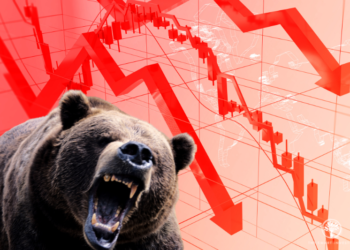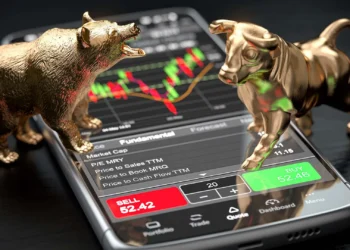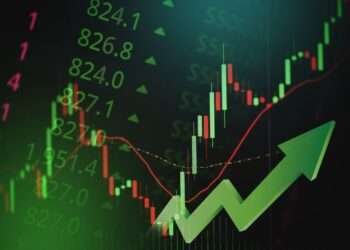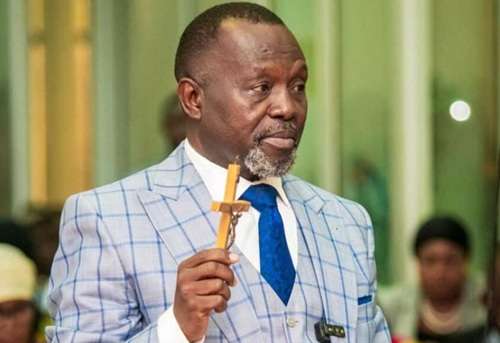The Ghana Stock Exchange capped a challenging year, 2022 with negative results which impacted its market capitalization and in the process, the local bourse lost GH¢748 million in capitalization.
The GSE market capitalization stood at GH¢64.49 billion in December 31, 2021, but it ended 2022 at GH¢63.74 billion.
Market cap measures how much a company is worth as determined by the stock market, hence the total market value of all outstanding shares. Analysts also hold that market cap shows the size of a company and remains a basic determinant of various characteristics in which investors are interested, including risk.
The capital market suffered in 2022 from the difficult economic environment. According to experts, the decline in the key performance indicators of the local bourse can be attributed to the weak economic fundamentals that the country found itself in the year under review, 2022.
The weak performance of the Ghana cedi to the dollar as well as inflation impacted negatively on the Ghana Stock Exchange.
Meanwhile, in the cedi term, the local bourse ended the year with -12.37 percent return for investors. However, it recorded -27.4 percent return for investors in dollar term at the end of December 2022.
The 2022 performance was far behind the 2021 achievement where the Ghana Stock Exchange was the second-best-performing stock market in Africa by gaining 27.55 percentage gain.
The Financial Index Ends in Red
The financial stock index which is a subset of the benchmark index of the stock market and helps investors compare current stock price levels with past prices to calculate market performance, also ended the year in the negative territory.
For the Financial Stock Index, the market returned -4.61 percent for investors, ending the year with 2,052.59 points. The financial sector stocks includes banking stocks and insurance.
In all, 15 stocks lost value in 2022, compared with eight gainers. The biggest loser was Unilever Ghana which lost 34.13 percent in stock value.
Unilever Ghana ended the year at GHS3.88 per share on the Ghana Stock Exchange. Unilever Ghana has traded a total volume of 4,437 shares valued at GHS 18,999 over the period, with an average of 70 traded shares per session. A volume high of 1,090 was achieved on December 13, 2022.
The other losers were Produce Buying Company (PBC) with -33.33 percent which ended the year at 2 pesewas share price. Cal Bank PLC was another stock that suffered one of the biggest declines as it ended the year with -25.29 percent share price depreciation. Fanmilk followed with -25 percent share price depreciation and ended the year at GH¢3, while GCB also suffered -24.81 percent lost in its share price value, ending the year with GH¢3.94.
However, the biggest gainer in 2022 was SIC insurance PLC. The insurance company recorded a massive 287.50 percent share price appreciation, ending the year with a stock price of 31 pesewas per share.
Other gainers were Trust Bank Gambia (135.29%), Access (27.30%) and BOPP (7.65%).
However, the new year 2023 started with an improvement on the previous performance. At the end of the first trading session of the new year on the Ghana Stock Exchange, a total of 74,538 shares, corresponding to a market value of GHS 2,021,675.84, were traded. Compared with the previous GSE trading day (Friday, December 30), the results showed 251 percent improvement in turnover.
In the aggregate, 16 GSE listed equities participated in trading, ending with only one gainer, namely NewGold ETF, with 2.85% share price appreciation. MTN Ghana recorded the highest volume of 38,280 traded shares, followed by CAL Bank (19,422), NewGold ETF (8,805) and Ecobank Transnational (3,650).
READ ALSO: U.S Embassy In Cuba Reopens Visa And Consular Services





















